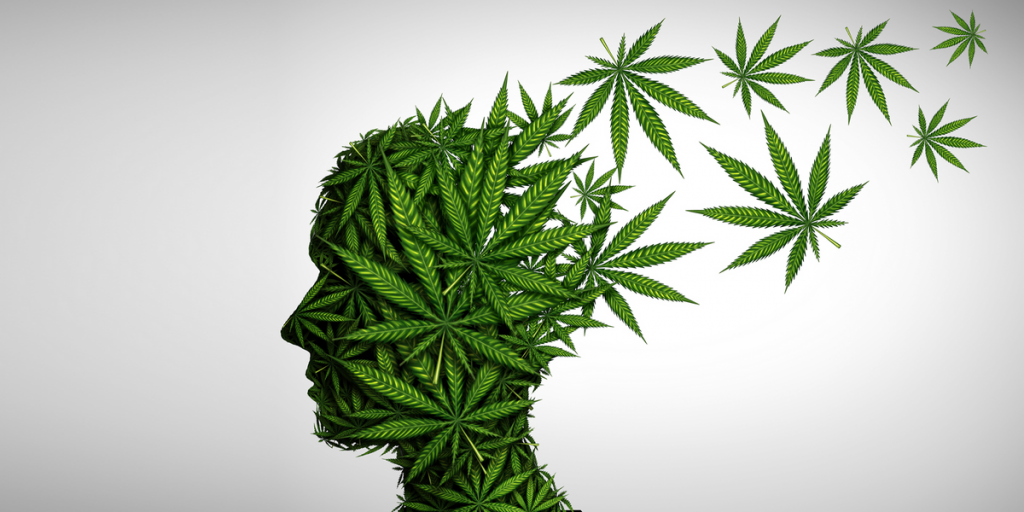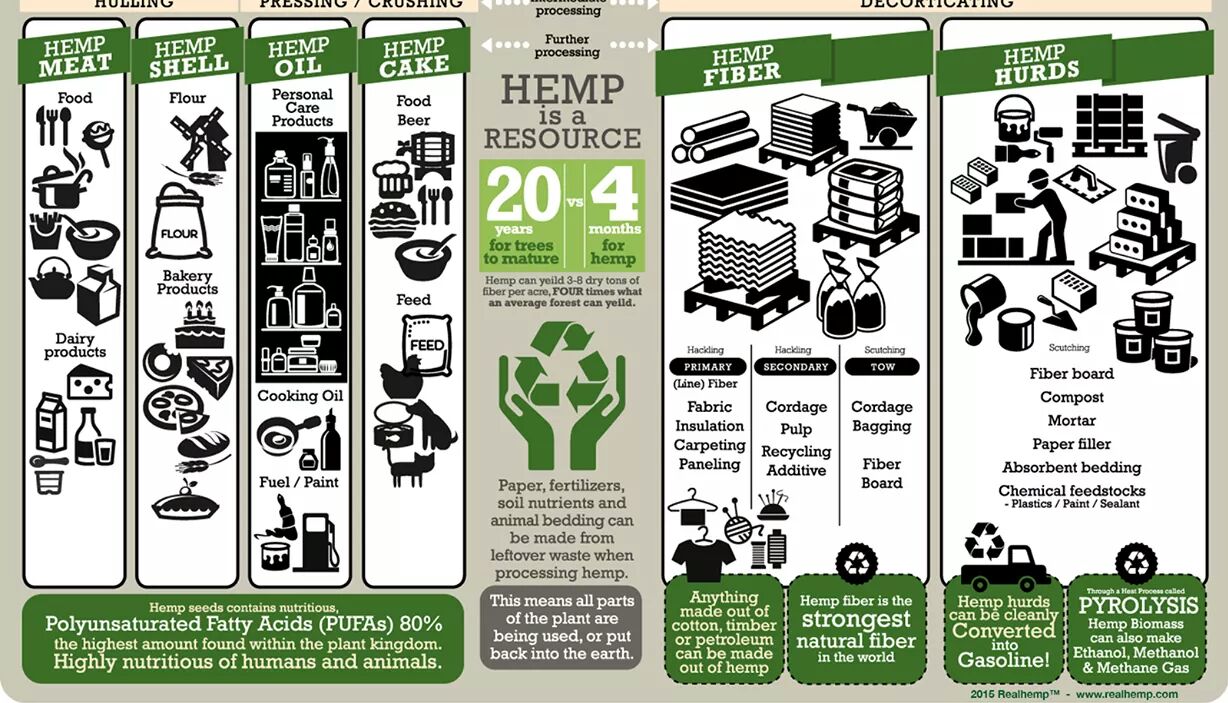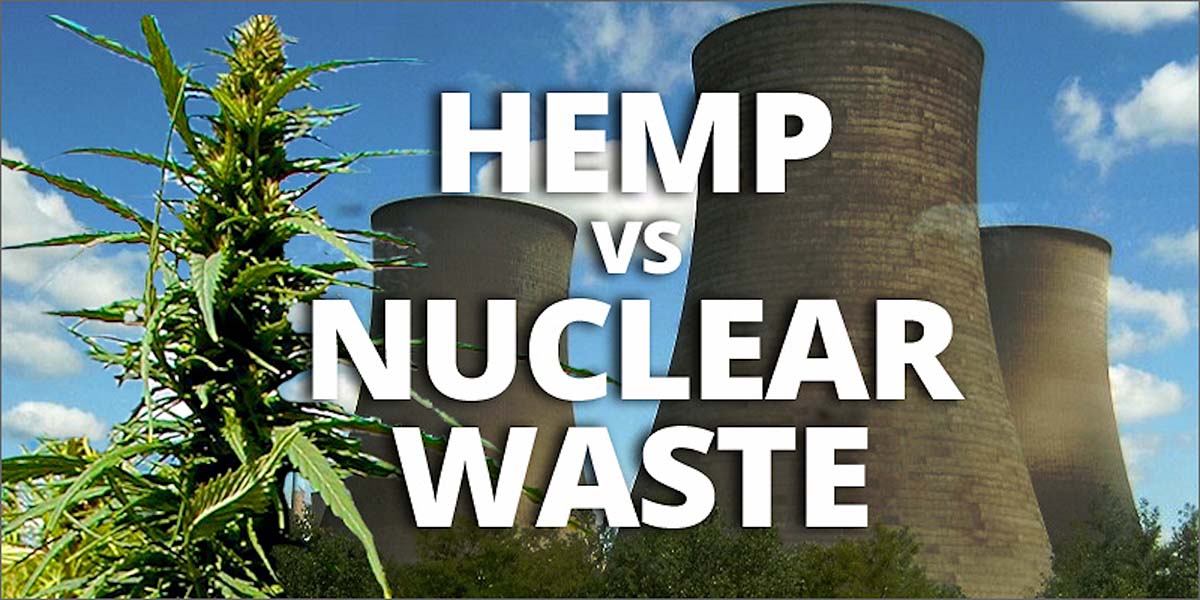
The world is finally waking up to the numerous benefits of cannabis, and it’s about time. As more and more countries legalize cannabis for both medical and recreational use, the industry is booming, and with it comes a wealth of opportunities and benefits for individuals and society at large. From improving health and wellness to boosting economies, this is truly an exciting time to be alive. In this article, we’ll explore the many reasons why the cannabis revolution is worth celebrating.
A Brief History of Cannabis Prohibition and Legalization
Cannabis has a long and complex history, with many countries having once outlawed its use entirely. However, in recent decades, more and more nations have begun to legalize cannabis, both for medicinal and recreational purposes. This shift in attitude towards cannabis is largely thanks to the tireless efforts of activists and advocates who worked tirelessly to educate the public on its many benefits. Today, cannabis is legal in numerous countries, with many more expected to follow suit in the near future.
The Many Benefits of Cannabis Use and Legalization
Cannabis has numerous benefits, both for medical and recreational purposes. For example, it can relieve pain, reduce anxiety and depression, improve sleep, and even help with addiction. It also has a host of other uses, such as reducing inflammation and improving heart health. Additionally, legalizing cannabis has numerous benefits for society, such as reducing crime rates and generating tax revenue.
How the Cannabis Industry is Boosting the Economy
The cannabis industry is an economic powerhouse with tremendous potential for growth. It’s already creating thousands of jobs and generating billions of dollars in revenue for countries that have legalized it. Furthermore, the industry is set to grow even more in the coming years, providing even more opportunities for entrepreneurs, investors, and job-seekers alike.
The Positive Effects of Cannabis on Health and Wellness
Cannabis has numerous positive effects on health and wellness. It can help with chronic pain, anxiety, depression, inflammation, and many other conditions. It’s also a natural way to relax, unwind, and reduce stress. For those who are looking for a healthier alternative to alcohol or pharmaceuticals, cannabis can be an excellent choice.
The Different Ways to Consume Cannabis: From Smoking to Edibles
Cannabis can be consumed in a variety of ways, from smoking to edibles. Smoking is the most common method, but vaporizing, edibles, and other methods are also becoming more popular. Each method has its own benefits and drawbacks, so it’s important to choose the one that works best for you.
The Importance of Safe and Responsible Cannabis Use
Like any substance, cannabis should be used safely and responsibly. This means consuming it in moderation and avoiding driving or operating heavy machinery while under the influence. It’s also crucial to be aware of the potential risks and side effects of cannabis use and to seek medical attention if you experience any adverse effects.
The Rise of Cannabis Tourism: Exploring the World’s Best Destinations
As more and more countries legalize cannabis, cannabis tourism is becoming a rapidly growing industry. From Amsterdam to Colorado, there are numerous destinations around the world that are popular with cannabis enthusiasts. Whether you’re interested in exploring new strains or just relaxing with a joint in a beautiful setting, cannabis tourism is a trend that’s only going to keep growing.
The Impact of Cannabis on Society and Culture
Cannabis has had a significant impact on society and culture, both historically and in modern times. From being used as a spiritual tool to being a symbol of counterculture, cannabis has played a prominent role in many different cultures throughout history. Today, it continues to shape our society and culture, as more and more people embrace its many benefits.
How to Get Involved in the Cannabis Industry
The cannabis industry is a rapidly growing field, with numerous opportunities for entrepreneurs, investors, and job-seekers alike. Whether you’re interested in starting your own business, investing in a cannabis company, or working in the industry, there are numerous ways to get involved. With the right education, experience, and passion, you can build a successful career in this exciting field.
The Future of Cannabis: Trends and Innovations to Watch Out For
The cannabis industry is constantly evolving, with new trends and innovations emerging all the time. From new strains and products to cutting-edge research, there’s always something new and exciting happening in the world of cannabis. As the industry continues to grow and mature, it’s certain to bring even more changes and innovations.
Embracing the Cannabis Revolution for a Brighter Future
The cannabis revolution is truly a cause for celebration. From improving health and wellness to boosting economies and creating new opportunities, cannabis has the potential to make a positive impact on countless lives. Whether you’re a cannabis enthusiast, an entrepreneur, or just someone interested in learning more, there’s never been a better time to get involved. So, let’s embrace the cannabis revolution and create a brighter future for all.
















